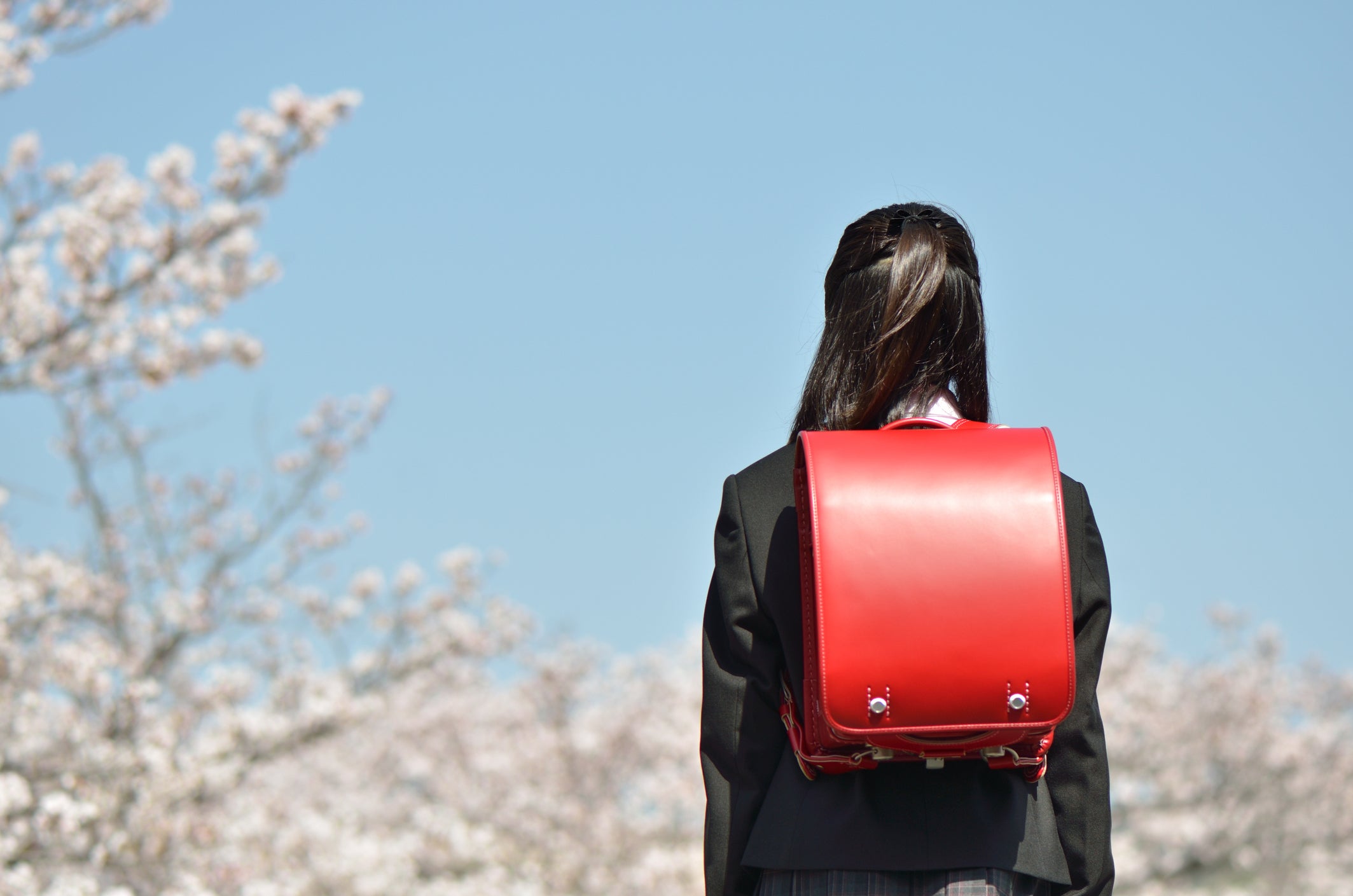Anyone who went to a private school shouldn’t be shocked by the allegations – rape culture was everywhere
As more former pupils come forward with stories of sexual abuse, Olivia Petter explains why private schools can be a breeding ground for sexual misconduct


When I read that top private schools were facing accusations of “rape culture”, my first thought was that it’s about time. In the past month, thousands of former female pupils at illustrious schools including Westminster and Highgate have made claims of sexual assault at the hands of their male peers, with some alleging that their concerns were dismissed or buried when taken to staff.
Many people have found the testimonies shocking. But the only shocking thing is that it’s taken this long for people to realise how entrenched rape culture is within the private school sector. And while right-wing commentators might urge others not to place the onus on the schools themselves, arguing that this kind of culture begins in the home, their myopia only further illustrates the extent of the problem, particularly for pupils who, like me, attended boarding schools, and therefore spent more time on campus than they did sat round the table with mum and dad.
I loved my school and I know how privileged I am to have gone there. But in recent years, as movements like #MeToo and #TimesUp have emerged, memories I’d once buried have come to the surface. Back then, I simply saw a glossy campus that provided the perfect platform for success. I see that now, too, of course. But I also see a culture of misogyny, one that fostered an environment in which sexism and objectification thrived, and, as a result, sexual assault went unchecked.
It started early. In year nine, when my female friends and I explored the campus we’d just arrived at, older male students would whisper “fresh meat” in our ears. Sometimes they’d shout it as we walked through the dining hall, which had a conveniently placed central aisle that felt more like a runway. Occasionally, they’d assign us numbers too, ranked from one to 10 depending on how attractive they thought we were. There was also a period of time when they used to pull our trousers down while we held our lunch trays so we couldn’t immediately pull them back up. It was always a highlight whenever the girl was wearing a thong; they loved that.
Things got worse when everyone started having sex. The girls were given nicknames based on how they behaved in bed, while nude photographs of them were shared around campus. In the boys’ boarding houses, sex with a woman was a prize. There were diagrams illustrating who had slept with whom and detailing exactly what they’d done and when, while sixth formers would sometimes return from intimate encounters and stick their fingers in the younger boys’ mouths. Those who’d had sex would readily brag about it, and be literally applauded when they walked into a room.
Read more:
In this context it’s easy to see why, when girls (and sometimes boys), are sexually assaulted, either on campus or off, their experience and thoughts on whether or not to report are defined by this pre-existing culture. If they tell anyone, will they be taken seriously? Or will they be made to feel like it was their fault? Perhaps they were to blame? These are some of the reasons why just 15 per cent of those who experience sexual violence go to the police. But this mentality starts at school. To see that, you only have to consider that the majority of pupils who have shared their stories in recent weeks have done so retrospectively. Similarly, it’s only in recent years that my friends and I can see our own experiences for what they were.
Even when victims do come forward, though, the perpetrators often either get off scot free (only 5.7 per cent of reported rape cases end in a conviction) or are given lenient punishments.
The girls were given nicknames based on how they behaved in bed, while nude photographs of them were shared around campus
What these latest allegations show is that this system is upheld from a much younger age than we might wish to believe. In 2017, a National Education Union (NEU) report found that almost a quarter of female students at mixed sex schools had experienced unwanted physical touching at school, while nearly one third of teachers said they witnessed sexual harassment at least on a weekly basis. The dossiers compiled against private schools in recent weeks follow the launch of the Everyone’s Invited campaign by 22-year-old Soma Sara. After Sara shared her own experiences of sexual assault on Instagram she was inundated with responses from girls as young as nine. To date, she has more than 5,000 testimonies.
The stories shared on Everyone’s Invited don’t just come from former private school pupils, of course. But the fact that many of the schools featured on the site are some of the most expensive in the country has sparked a national conversation about the consequences of privilege. While research in the area is lacking, research has shown that sexual violence against women is more likely to occur in cultures that foster beliefs of perceived male superiority and social inferiority of women. Additionally, this study from 2019 that looked into the impact that wealth has on sexual abuse found that – although overall those from poorer socioeconomic backgrounds were more likely to report abuse – the prevalence of abuse of girls was greater than of boys in affluent families.
While it would be easy to place the blame on, say, the parents, or the advent of social media and porn, the problem is much more deep-rooted than that. It taps into a wider cultural misunderstanding of sexual assault and the lack of adequate education, particularly for people my age and older, for whom sex education was little more than putting a condom on a banana.
Things are changing, though. The sex ed syllabus now includes an entire section on consent while teachers learn about a wider range of issues as part of their training. But as the recent testimonies show, the issue is far from resolved. And while it’s all well and good that Ofsted “stands ready” to strengthen safeguarding across independent schools, it’s not entirely clear how helpful this will be.
While it would be easy to place the blame on, say, the parents, or the advent of social media and porn, the problem is much more deep-rooted than that
Because the culture is embedded. It’s the same culture that means women tell men they’re on their period instead of saying they just don’t want to have sex. It’s a culture that calls on victims, and not perpetrators, to change their behaviour in order to prevent being attacked. It’s a culture that makes women feel unsafe when they walk home alone at night.
This isn’t just about adding a few more guidelines to the rulebook, or slapping a few head teachers on the wrist. It’s about recognising the extent of the problem and ensuring schools are doing everything in their power to combat a system in which sexual violence continues without retribution. Pupils and teachers need to be fully comprehensive on everything from victim-blaming to revenge porn, particularly if they’re in an environment that is predicated on power and entitlement.
Join our commenting forum
Join thought-provoking conversations, follow other Independent readers and see their replies
Comments
Bookmark popover
Removed from bookmarks